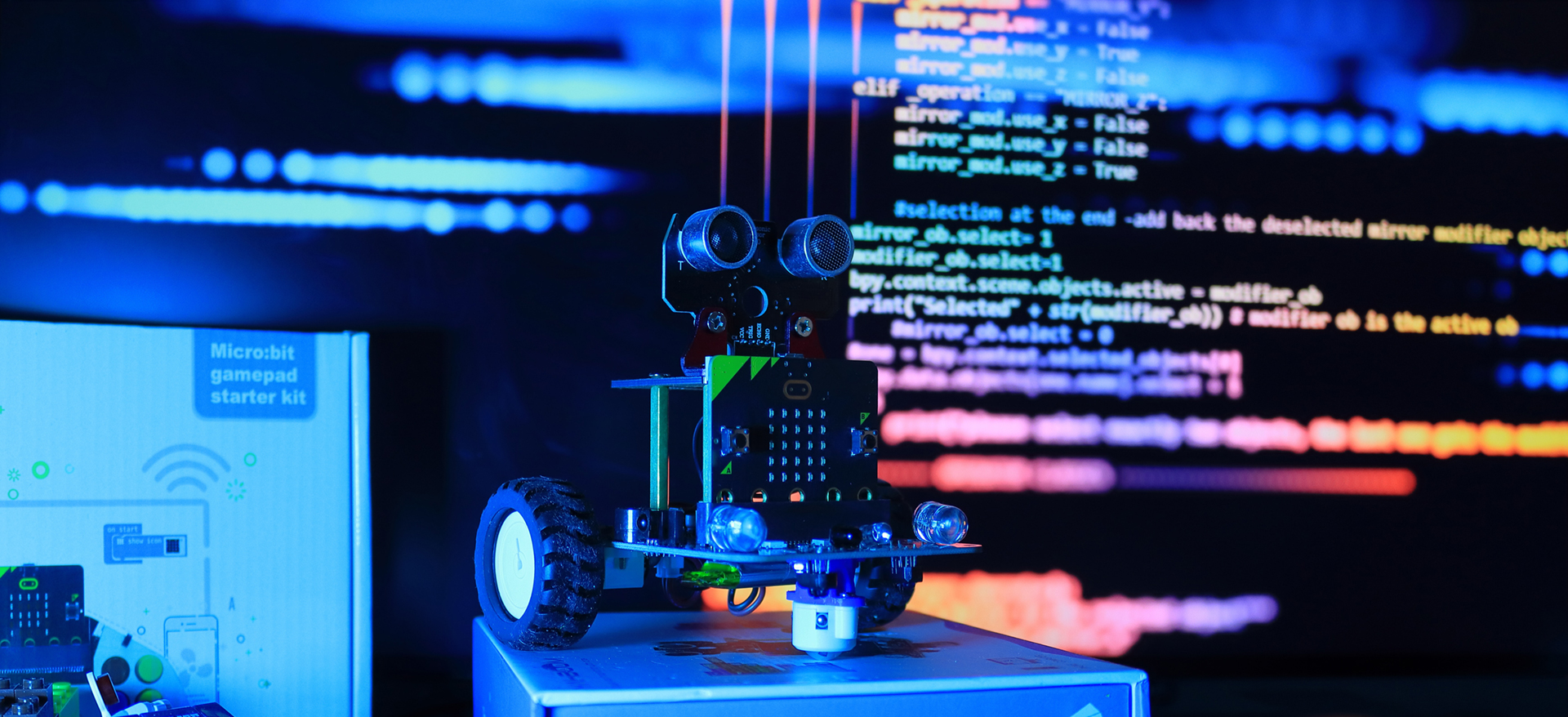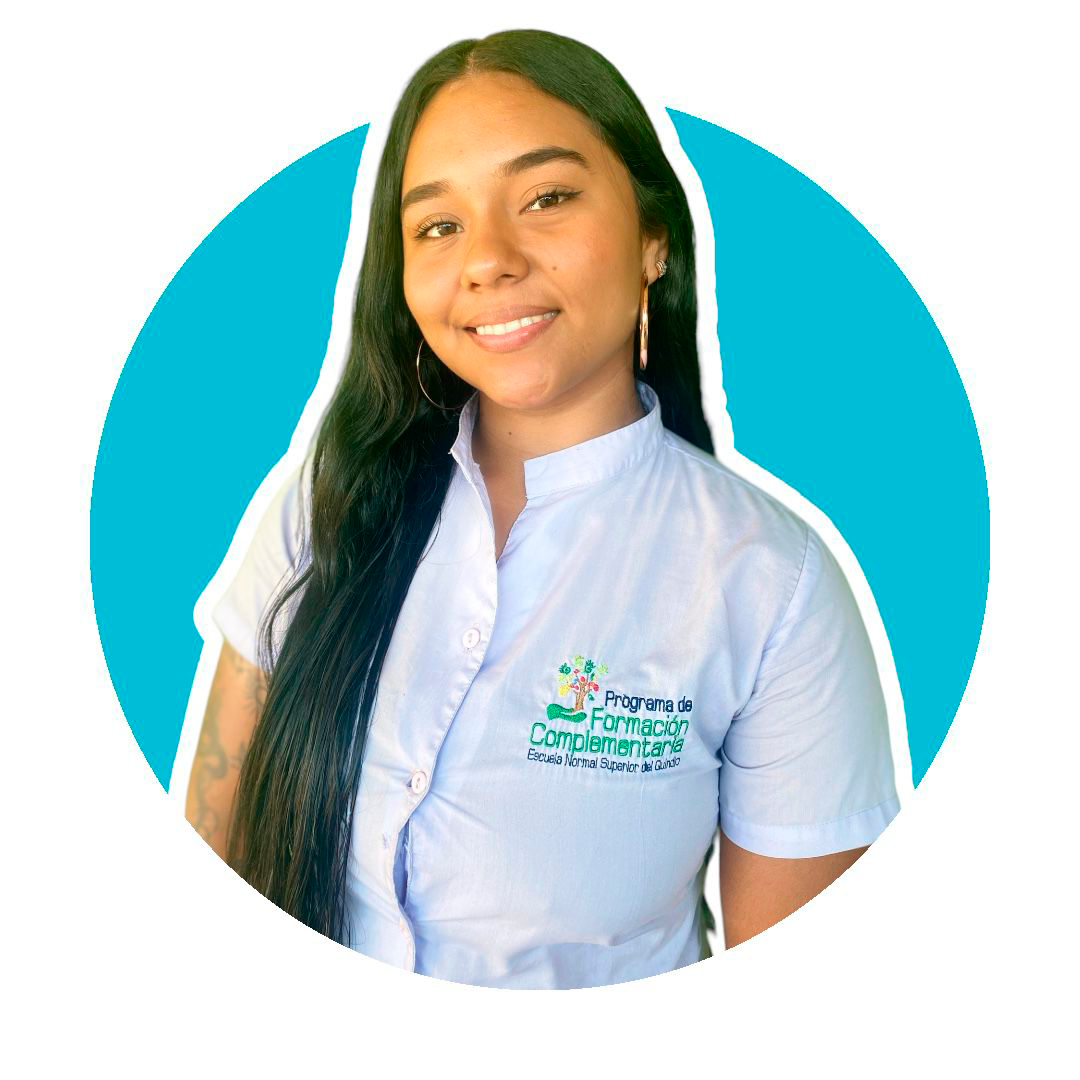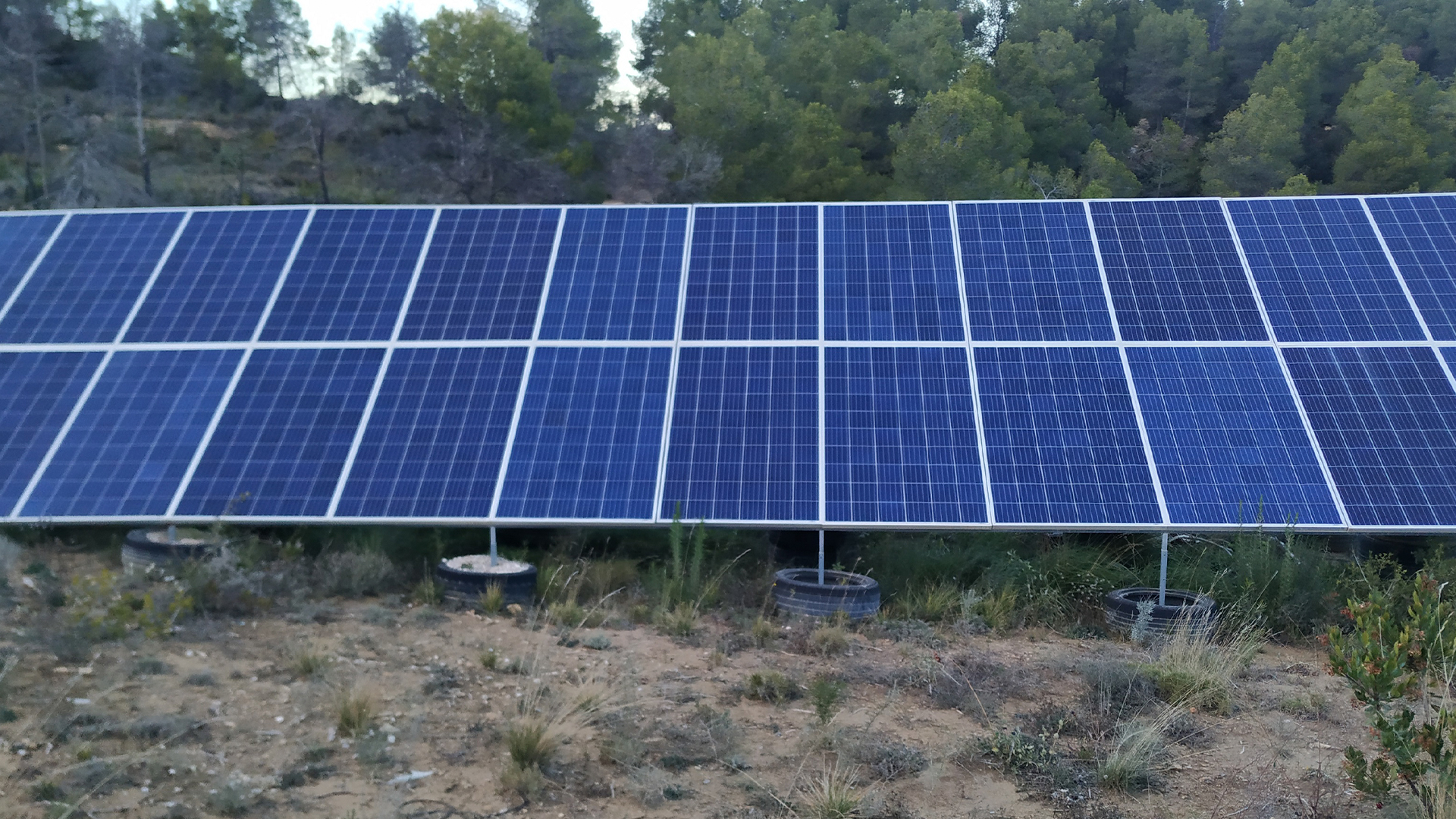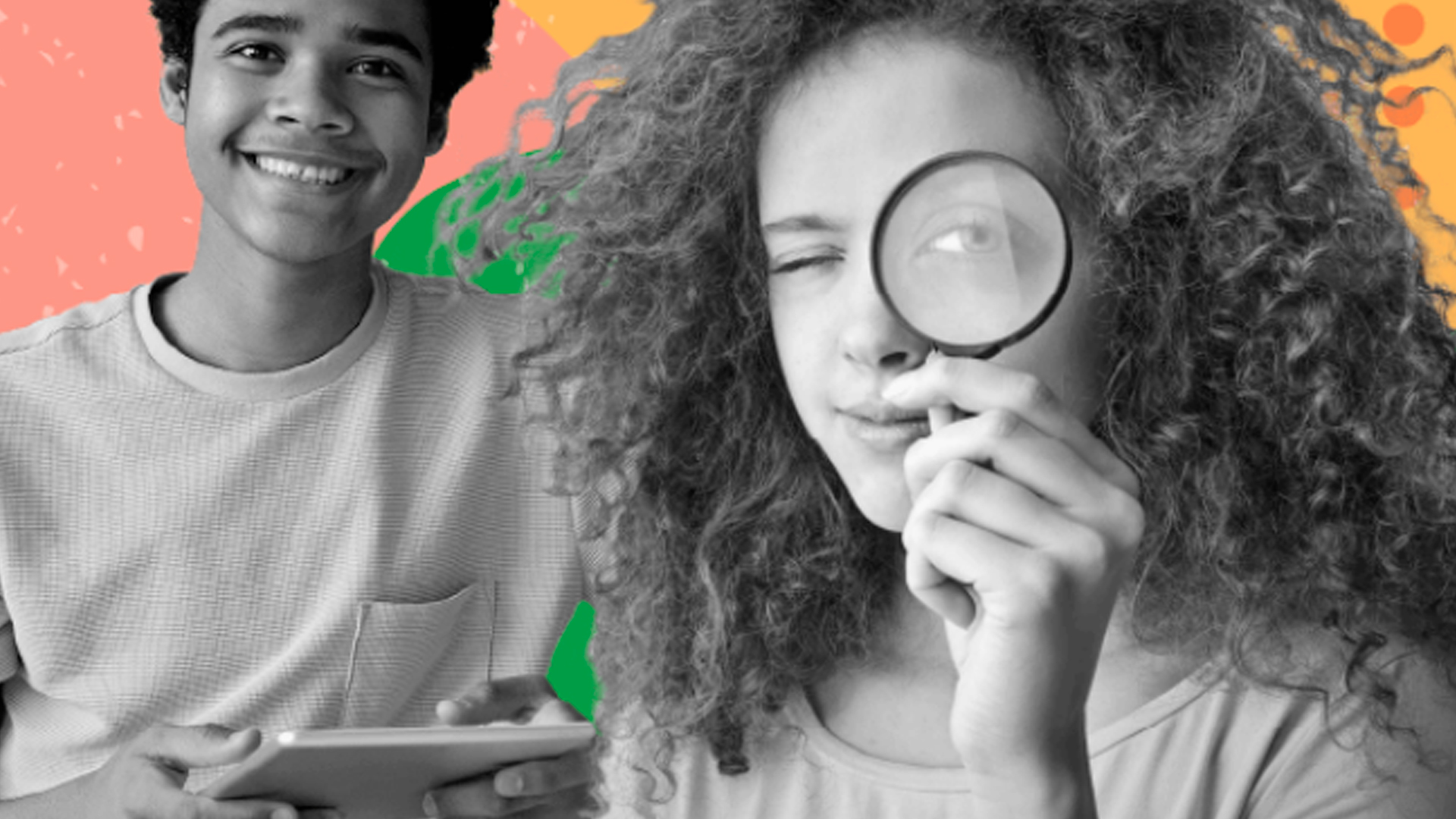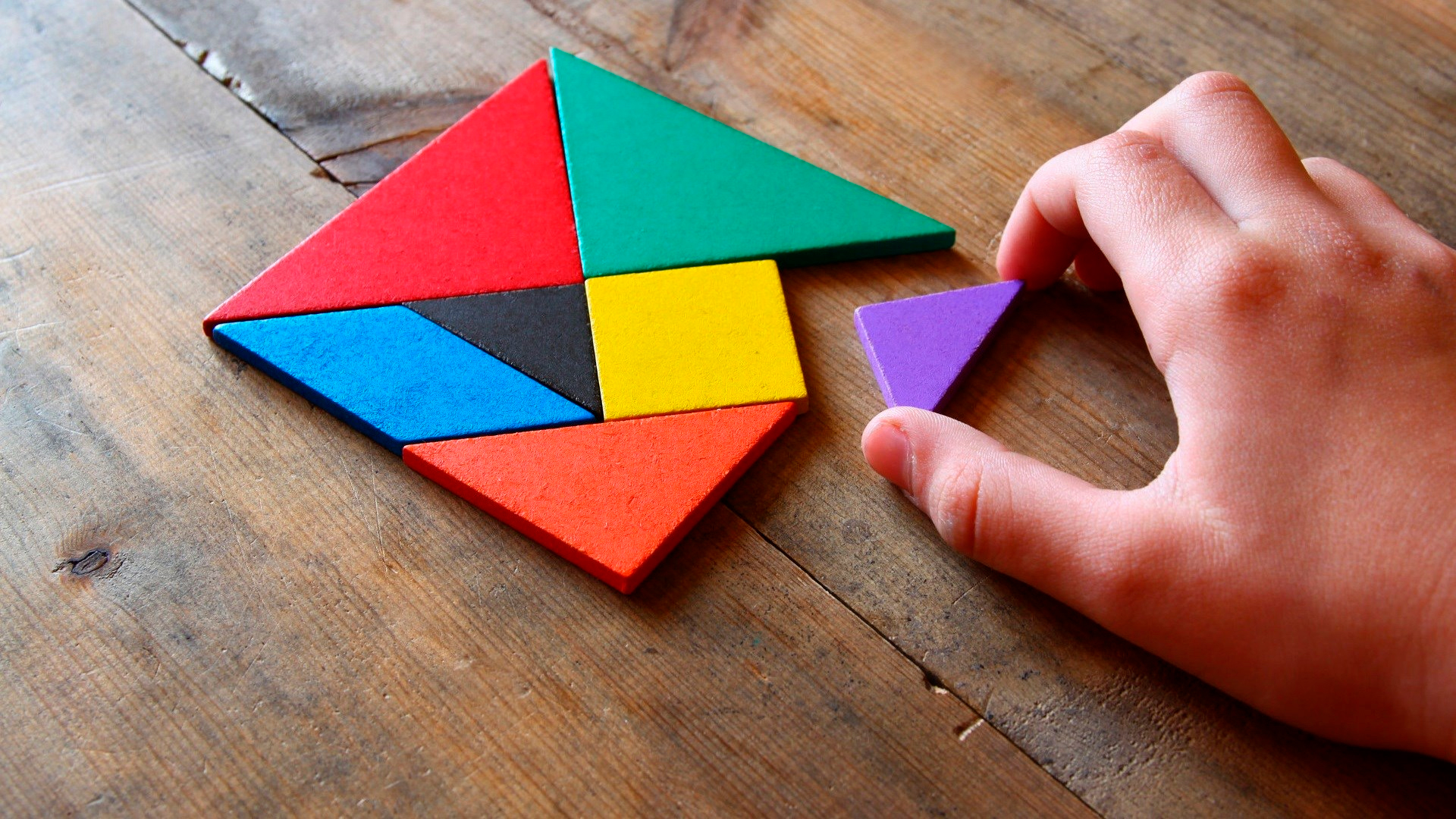Coding
Classroom Experience
Programming for inclusion through the UDL principles (Universal design for learning)
Higher Teacher Training School - Gustavo Rojas Pinilla, Armenia, Quindío, Colombia. Show map
Integrate programming language in children's learning processes by carrying out learning and entertaining activities with the MakeCode platform and the MicroBit cards, using visual, kinesthetic and auditory stimuli.
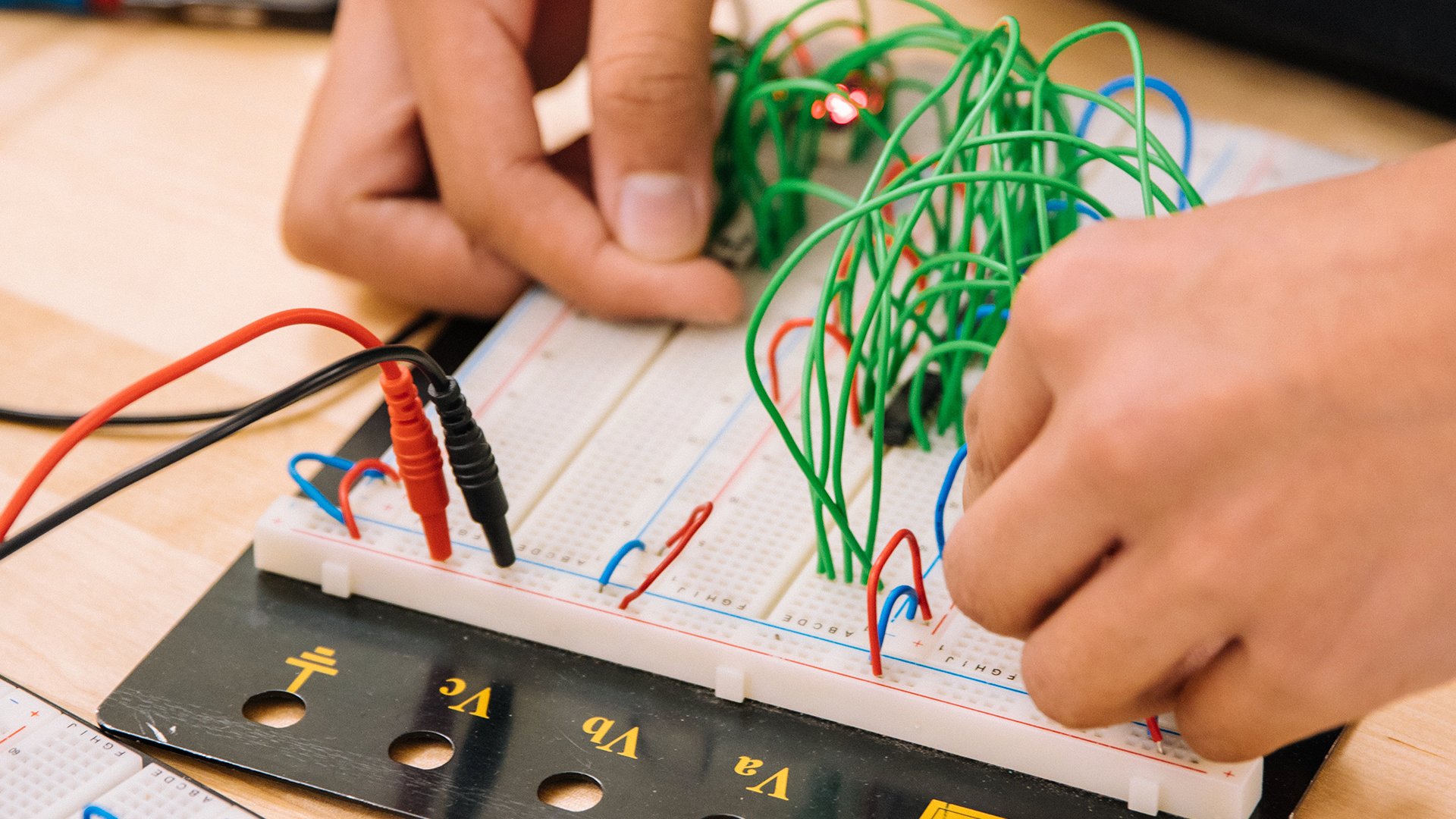
Context
The public Higher Teacher Training School from Armenia, in the Colombian district of Quindío, uses technological devices to deal with general concepts of programming in its Science and Technology project. The aim is to re-engage children, awaken their motivation and to make the language of programming accessible and flexible to everyone.
Highlights...
Based on the curriculum guidelines organizing the different projects, the Science and Technology project started off by working with programming and robotics.
Students, together with the teacher of the Department, designed 3 sessions for the development of new knowledge and entertainment with MakeCode and MicroBit cards provided by the school.
Objectives
Use MicroBit cards for the development of new knowledge and entertainment
Based on the technological material provided by the school, explore the different devices and tools that can be used for the development of knowledge, learning, searches, research, etc.
Encourage teamwork
Carry out the activities with the MakeCode platform and the MicroBit cards in different groups enhanced the dialogue, creativity and motivation.
Develop empathy to include all of the students, independently of their specific skills
Though some students are better-skilled at programming, the goal was to make everyone participate in some stage of the project. Thanks to the use of visual, kinesthetic and auditory stimuli, everyone was part of the activities.
Secuencia didáctica
1
![]()
Exploring previous knowledge
With a puzzle-solving game, students were asked questions so as to explore their knowledge from previous classes. Then they debated in groups.
2
![]()
Conceptualizing
Students are presented with different activities related to MakeCode and MicroBit cards, so they can understand block and color programming. For example, they have to decipher the sequence or figure formed with block programming to later reproduce it on the MakeCode platform through patterns.
3
![]()
Consolidating
Students consolidate their learnings by participating, investigating, analyzing and observing different moments happening in the classroom. They explore the platform and the cards. They do programming on the MakeCode platform and, helped by tutorials, they program games on the MicroBit card such as Rock-Paper-Scissors, the coin game, and a mental calculator.
4
![]()
Assessment
Students reflect on their experiences and teaching-learning process with questions such as: what was interesting about your programming experience? In what context could programming be used? What would you like to learn to program?
Assessment and conclusions
Successes
Digital competences. The integration of programming language through entertaining activities awakened the students' interest and motivation.
Communication. The development of communication skills based on project-based work and teamwork, through visual, kinesthetic and auditory stimuli.
Empathy. Inclusion of children with special skills who wouldn’t participate in other activities but did with the MicroBit cards.
Things to improve
More time to carry out different types of programming, such as MicroBit cards with other sensors (irrigation system, lamp, fan with temperature control, etc.).
The tenured teacher of the Science and Technology project requested to give students a numerical grade for their process, which was based on their participation, research, observation, and capacity to answer questions about their own learning process.
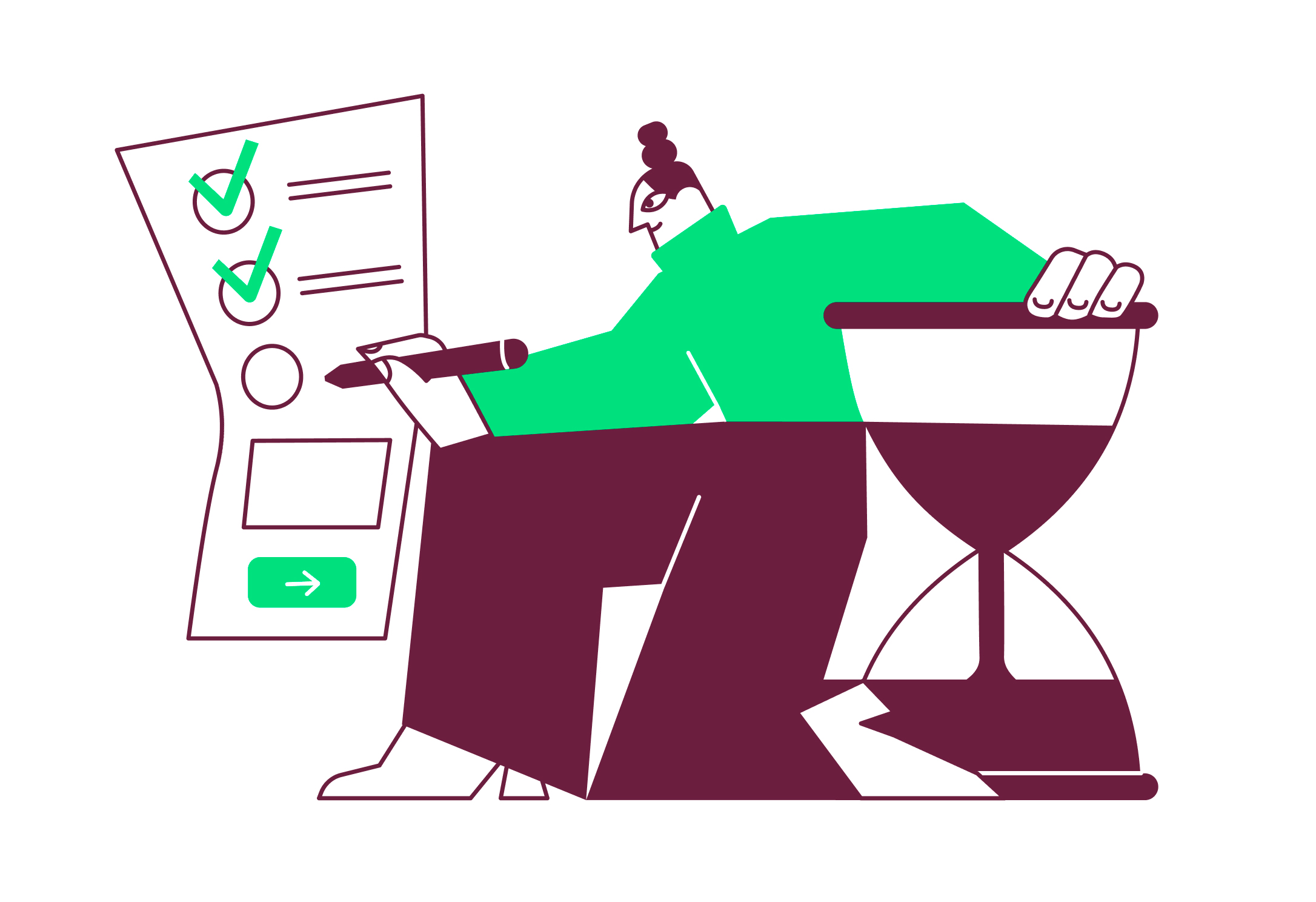
Take this experience to your classroom
Tips to adapt the experience to your classroom
1
Turn
Abstract processes (such as programming) into more practical and concrete activities for the students.
Resources and materials
Pedagogical links
Technical links

